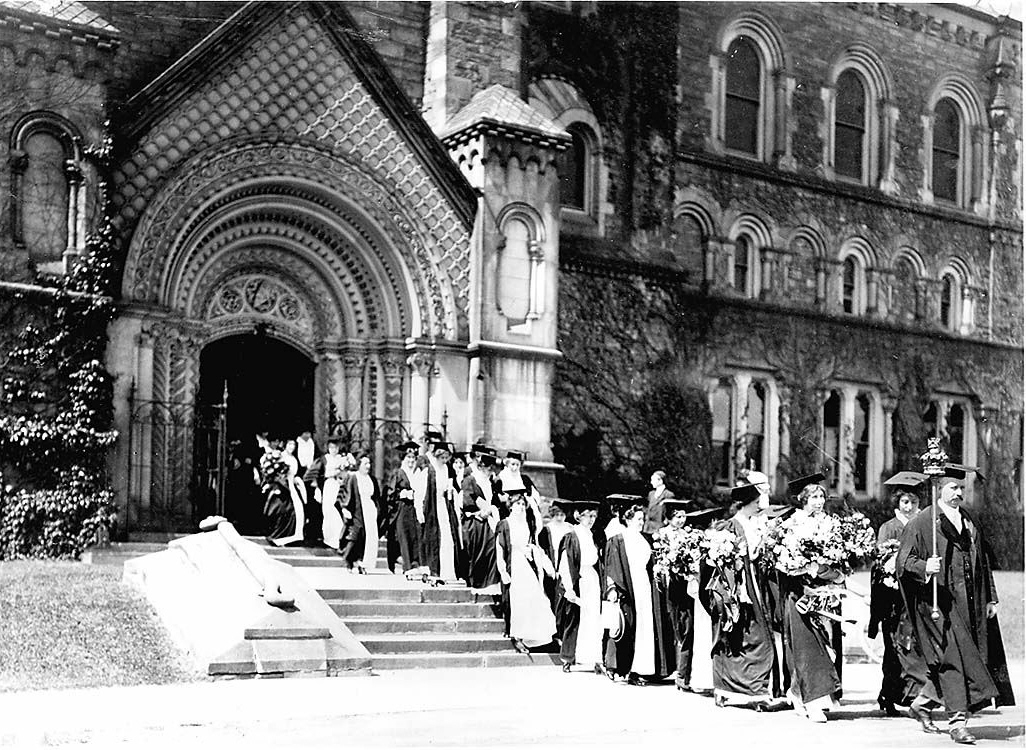
The Chronicle of Higher Education has a new report, "2026 The Decade Ahead," it has recently published. I haven't read it and I probably won't read it. My involvement in higher education is less involved these days, but more so, I'm not going to spend $149 for the digital version ($199 for paper) of the report. There are always predictions of where we are headed in technology, education and in general. Many are free and I don't know that the differences in accuracy between free and paid versions is significant.
 People do pay for these reports, and there are companies built on the job of predicting. Today, predictive analytics is a whole field and industry that seems to do quite well crunching numbers. In this election year, that is certainly a popular game, though one I rarely find interesting or instructive. Usually, I find these predictions to be wrong, but it is rare for people to go back and check on them. Idea for (someone else's) blog post in 2026: Check back on this report. Set a calendar reminder. So, what changes are in store for higher education over the next 10 years? The Chronicle's teaser says that "evolutionary shifts in three critical areas will have significant consequences for students and institutions as a whole."
People do pay for these reports, and there are companies built on the job of predicting. Today, predictive analytics is a whole field and industry that seems to do quite well crunching numbers. In this election year, that is certainly a popular game, though one I rarely find interesting or instructive. Usually, I find these predictions to be wrong, but it is rare for people to go back and check on them. Idea for (someone else's) blog post in 2026: Check back on this report. Set a calendar reminder. So, what changes are in store for higher education over the next 10 years? The Chronicle's teaser says that "evolutionary shifts in three critical areas will have significant consequences for students and institutions as a whole."
1. Tomorrow’s students will be significantly more diverse and demand lower tuition costs.
2. Faculty tenure policies will be reexamined as deep-seated Boomers retire.
3. How colleges are preparing students to succeed in an evolving global economy will be intensely scrutinized.
My immediate observation is that all three of those shifts have been evolving for at least the past decade - if not for several decades and possibly for a century or two in some ways. Of course, the answers are hopefully in the details that come in the full report. Did you read it? How about a comment for those of us without an expense account or purchase order?

